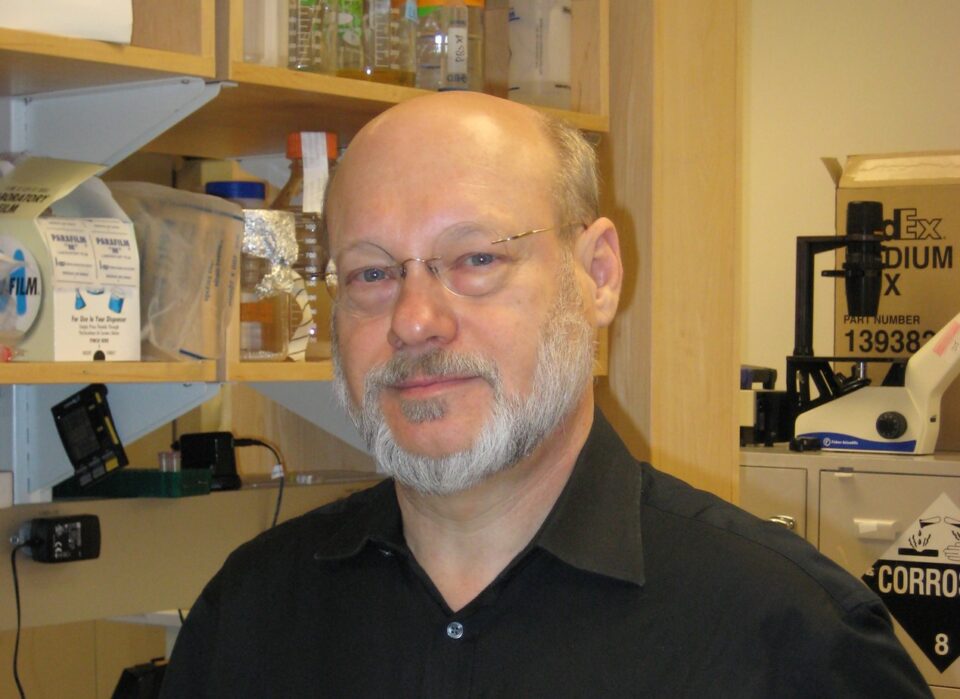Suggestions
Nevin M. Summers
Executive Director of the MIT Synthetic Biology Center
Nevin M. Summers is a prominent figure in the field of synthetic biology, currently serving as the Executive Director of the Massachusetts Institute of Technology (MIT) Synthetic Biology Center.12 In this role, he is responsible for overseeing the center's operations and strategic initiatives.
Professional Background
Summers holds multiple positions at MIT, combining leadership, research, and architectural expertise:
-
Executive Director: As the Executive Director of the MIT Synthetic Biology Center, Summers manages the center's activities and directs its overall vision.12
-
Research Scientist: He is also a Research Scientist at MIT, likely contributing to cutting-edge research in synthetic biology and related fields.5
-
Registered Architect: Summers' background as a Registered Architect adds a unique perspective to his work in synthetic biology, potentially bridging design principles with biological systems.
Academic Involvement
Summers has a verified Google Scholar profile, indicating his active involvement in academic research and publications. His areas of interest include gene therapy and synthetic biology.4
Recognition and Leadership
Summers' expertise and contributions to the field have been recognized beyond MIT:
- He was appointed to the National Leadership Council of the Society for Science in 2018, demonstrating his influence in the scientific community.5
- Summers is a member of the Society for Science's National Leadership Council, further highlighting his commitment to advancing scientific education and research.23
Historical Involvement in Science
Interestingly, Summers has a long-standing connection to scientific competitions and initiatives:
- He participated in the International Science and Engineering Fair (ISEF) from 1965 to 1967.3
- In 1967, he was involved with the Science Talent Search (STS), indicating an early passion for scientific pursuits.3
Nevin M. Summers' multifaceted career at the intersection of synthetic biology, research, and architecture, combined with his leadership roles, positions him as a significant figure in the advancement of synthetic biology and its applications.
